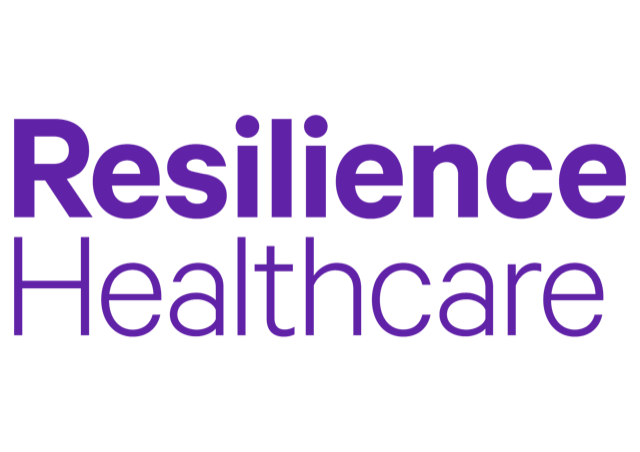19 May 2022
Re-Design Your Future – Re-Train as a Resilience Support Worker.


The Re-Train Campaign is a fantastic opportunity for people from all backgrounds to begin their career in Social Care.
Sinead Butler – Director of Social Care
The world has changed in the last couple of years, and many people have used this time to positively re-focus.
Perhaps you’re reassessing your career and are ready for a change.
It could be that you’re looking for more rewarding work and the chance to make a difference, while enjoying a new world of flexibility and work-life balance. At Resilience, we’re excited to offer you the support you need to make the change: we have introduced our forward-thinking Re-Train Campaign, providing fully funded training to launch your career in Social Care.
Work. Train. Qualify
Resilience’s Social Care division provides support to people with Intellectual Disability and/or Autism – offering residential care in personal, state-of-the-art residences as well as tailored Outreach and Day Services throughout the country and a specialist service for people with Prader Willi Syndrome (PWS). We have recently opened several new services, with more scheduled in 2022 – so the need for disability service professionals has never been greater. Which is where you come in…
Build and Grow Your Career
Once you’re qualified you can look towards extensive career progression and growth prospects. You can move up to the positions of Senior Support Worker, Team Leader, Service Manager – and it all starts when you make the first step on your journey, with Re-Train.
Resilience is dedicated to Enhancing the Quality of People’s Lives. As part of our learning-sharing-rewarding team, you’ll make a difference where it’s needed most. You’ll see how our unique and progressive approach puts those we care for at the centre of all our supports – delivering individualised, empowering care so that service users can live as independently as possible. We call it bringing possible to life.


